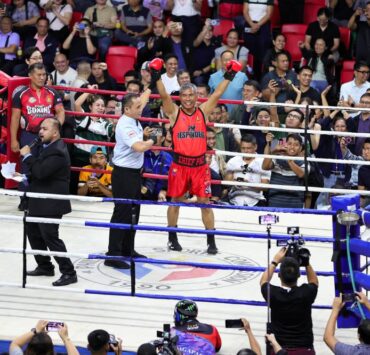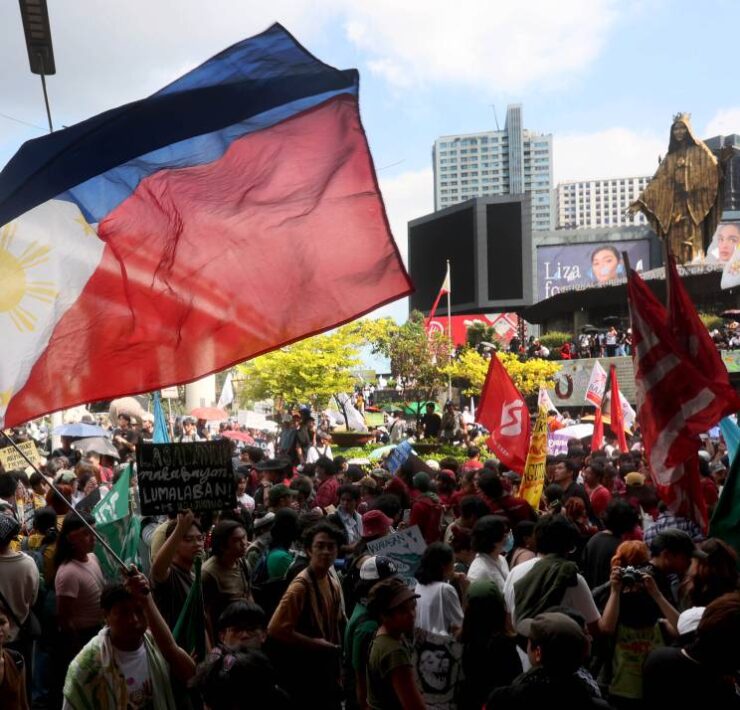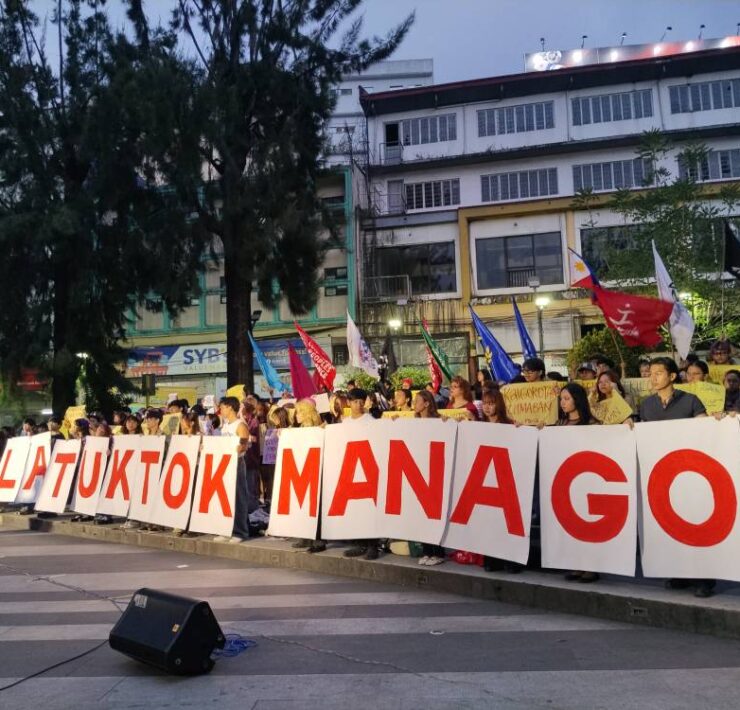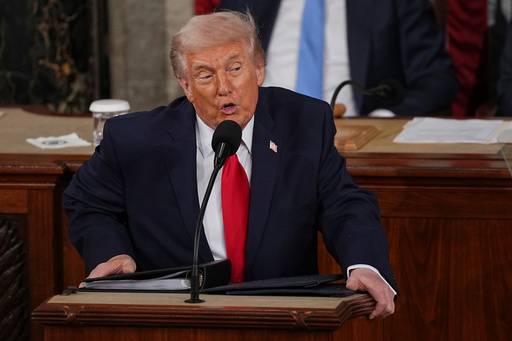The other Sona: What Filipinos demand on the streets
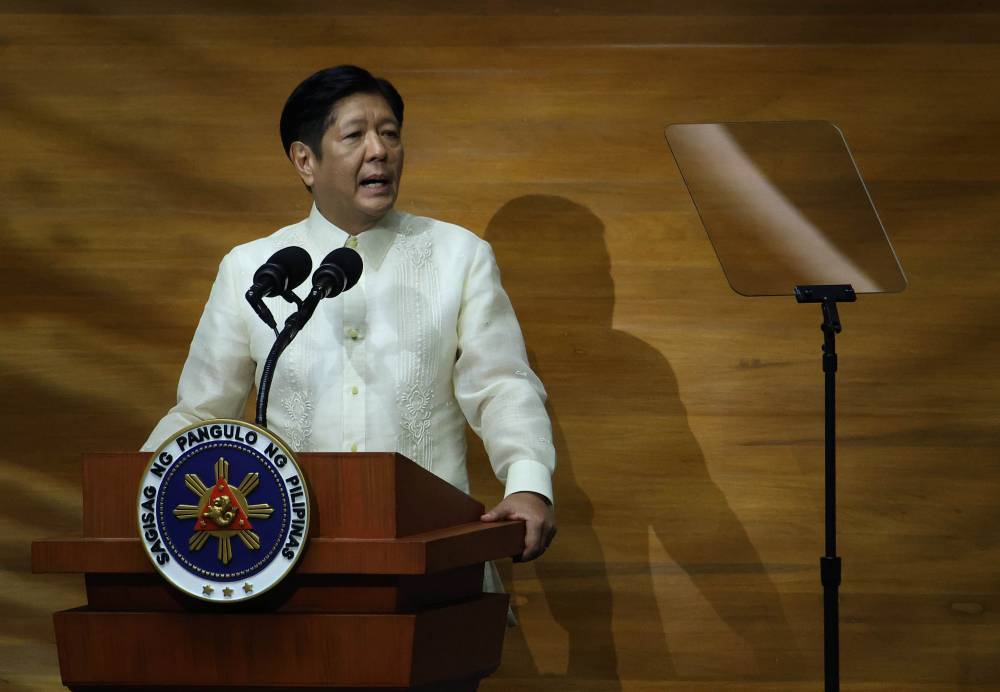
As President Marcos delivers his fourth State of the Nation Address (Sona) on Monday, thousands of protesters will be marching on Commonwealth Avenue in Quezon City to air their grievances.
Called the “People’s Sona,” these demonstrations typically feature speeches, bearing of placards, performances and the burning of effigies, coinciding with the President’s national address at the House of Representatives’ Batasan complex.
But why do these protests matter, particularly to those who seek to voice discontent and push for better living conditions?
Raymond Palatino, secretary general of the militant Bagong Alyansang Makabayan (Bayan), described the protests as a “call for accountability.”
“Basically, to counter the lies and empty promises of the President and to lay down the real state of the nation through the perspectives of ordinary people,” he said in an online interview with the Inquirer.
Palatino said the rallies seek to present the “real state of the nation,” with sectoral groups uniting to express dissent.
The demonstrations date back to the 1970 Sona of the late strongman Ferdinand Marcos Sr., according to Palatino, who has joined Sona protests since 1997 during the Ramos administration.
This year’s theme, “Sona ng Paniningil” (State of Accountability), underscores public frustration with what he described as “three years of bad governance, corruption and worsening poverty.”
A Social Weather Stations survey in March showed that about 14.4 million Filipinos considered themselves poor. Hunger among self-rated poor families also rose—from 26.4 percent in February to 35.6 percent in March.
Meanwhile, the Philippine Statistics Authority (PSA) reported that 2.06 million Filipinos were unemployed in May.
Palatino said the themes of the protests remain consistent, but the stakes are higher this year since Mr. Marcos is halfway through his six-year term.
“That’s why it’s called ‘Sona ng Paniningil,’ there is anger from the people because this is now midterm for Bongbong Marcos Jr.,” he said. “He cannot lead by simply shaping palliative measures, token solutions to serious problems of our country.”
He added that the administration must craft comprehensive responses to address inflation, labor demands for higher wages, and persistent flooding.
Rising cost of living
A Pulse Asia survey in June showed that controlling inflation remains the top concern among Filipinos.
While campaigning for the presidency, Mr. Marcos pledged to bring rice prices down to P20 per kilogram. Initially rolled out in the Visayas through government subsidies, the P20-per-kilo rice program is now available in 94 areas nationwide.
As of June 23, the Department of Agriculture reported that 542.18 metric tons of rice benefiting 63,473 households had been sold. The PSA reported a slight increase in the inflation rate for June at 1.4 percent, up from 1.3 percent in May. This remains to be the lowest level since November 2019’s 1.2 percent.
Protests in US
Palatino said these mass actions succeed by “visualizing the people’s anger and mobilizing the people to protest and demand accountability from the government despite strong rains, despite overkill deployment of the police.”
“Through these protests, we are able to show defiance and prove that the people are determined to articulate the people’s concerns,” he said.
At past noon on Monday, the protesters will march from Tandang Sora Avenue toward St. Peter’s church on Commonwealth Avenue for a joint program with other groups at 3 p.m., coinciding with the start of Mr. Marcos’ speech.
Overseas, members of Bayan USA will hold simultaneous protest rallies there on Sunday in the cities of New York, Chicago and Seattle, followed by Monday protests in Portland, Oregon, in Los Angeles and San Francisco and in the US capital.
“We know Marcos Jr. will be spewing lies about the state of the Philippines during his 3rd Sona,” the group said on Facebook. “He will try to spin his failed tariff negotiations with Trump, he will manipulate data and facts about the economy, unemployment, poverty and hunger rates as he’s done in previous years.”
An allied group, Malaya, will demonstrate outside the Philippine Consulate in New York on Sunday to “proclaim our own state of the nation address.”
The group of Filipino American activists criticized Mr. Marcos’ recent US visit for omitting in his agenda the wave of “kidnappings” of immigrants, including Filipinos, by the US Immigration and Customs Enforcement.
“Marcos’ silence regarding the kidnappings and detention of Filipinos under [US President Donald] Trump’s administration is fascist violence that recalls his own father’s fascist regime,” said the group, which also criticized Mr. Marcos’ efforts to negotiate a tariff reduction after it led only to a percentage-point decrease in US tariffs to 19 percent.















